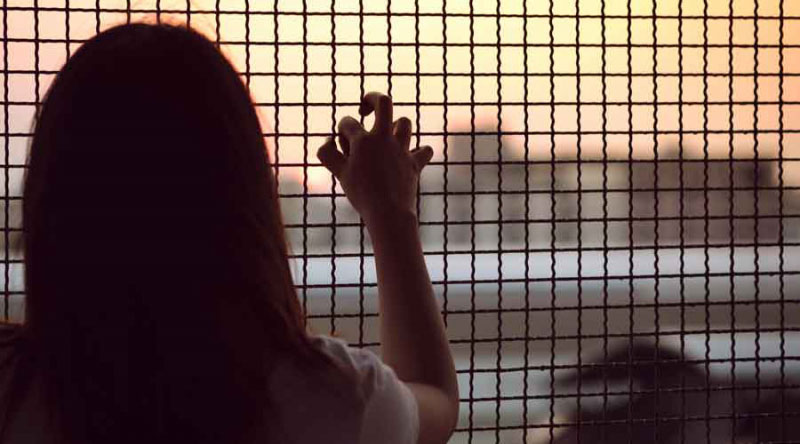A woman was rescued from a brothel in Pune in 2009 at the age of 15. The case dragged on for close to a decade but resulted in the acquittal of the accused in 2018. Her inability to visit the Pune court — because of health and financial implications and the fear of social stigma — during the trial proved costly.
Another woman from the same district, rescued from Maharashtra in 2014, has a case going on in Alipore court. She has missed multiple summonses because of the Covid curbs, which also forced the absence of a judge on some occasions. The case is still in limbo.
The dismal rate of convictions highlights the absence of a robust mechanism to investigate human trafficking cases, that often span across state borders, said lawyers and rights activists.
Most importantly, the survivors feel betrayed by the system, they added.
According to the recent submission in Parliament by the Union ministry of home affairs, seven states — Assam, Chhattisgarh, Kerala, Goa, Maharashtra, Odisha and Punjab — did not witness a single conviction in trafficking cases in 2020.
Bengal is no different. Tafteesh, a coalition of trafficking survivors, lawyers, psychologists, researchers and rights activists, has been a part of around 130 cases in North and South 24-Parganas, the districts bordering Calcutta and infamous as the trafficking hotbeds of Bengal.
“Till date, we have had one conviction each in the two districts,” said Pompi Banerjee, a psychologist and a member of Tafteesh.
“There is a lack of an efficient investigation mechanism that spans across state borders. The survivors don’t turn hostile. They are dealing with a justice system which is not accessible to them.”
“In most of the cases of human trafficking, the investigation is perfunctory and localised, rarely interstate. The low conviction rate is therefore due to the problem and fallacies in investigation,” said Kaushik Gupta, a human rights lawyer practising at Calcutta High Court.
The survivor mentioned at the beginning is now 28, married to a mason and mother of two children. She said she received two notices from the Pune court. The first one came when she was pregnant and the second one when her child was a toddler. Going to Pune alone was “next to impossible”.
“The failure to pay heed to the notices brought cops from Maharashtra to the door of her parents, the address provided when the case was lodged, with a warrant for her. She was living with her husband then and came running to us for help,” said Subhasree Raptan of Goranbose Gram Bikas Kendra, an organisation that works with many trafficking survivors in South 24-Parganas.
The organisation is a member of Tafteesh.
Many survivors lack the resources, financial and otherwise, to undertake multiple visits to the court.
For women already battling social stigma, a visit to the court is often revisiting the horrors of the past they want to leave behind.
The pandemic came as a knockout punch. Many survivors, who had so far shown tremendous fortitude in appearing in courts, were also helpless because of the Covid curbs.
Interstate investigation and deposition in the trial through video conferencing have led to convictions but few and far in between, said lawyers. Dedicated anti-human trafficking units in the police force also helps, said activists.
“We have seen a number of trafficking cases which were not properly investigated have resulted in acquittal of the traffickers who are now roaming freely and still threatening and intimidating survivors in their community,” said Sambhu Nanda, an activist who coordinates an anti-human trafficking NGO network in North 24-Parganas.
Click to read the orginal story
